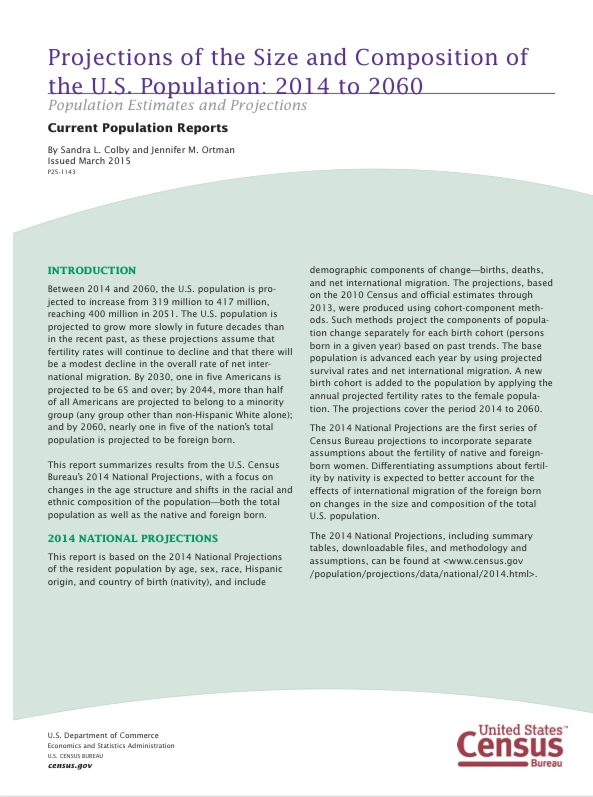Korea launches new team on population policy amid low birthrate
Korea's presidential committee dedicated to addressing the aging society launched a policy planning team Monday, with the goal of strengthening inter-ministry ties on population policies amid the alarmingly low birthrate.The move came as Korea's total fertility rate, the average number of children a woman bears in her lifetime, hit a record low of 0.78 in 2022, much lower than the replacement level of 2.1 that would keep Korea's population stable at 51 million.The Presidential Committee on Aging Society and...










